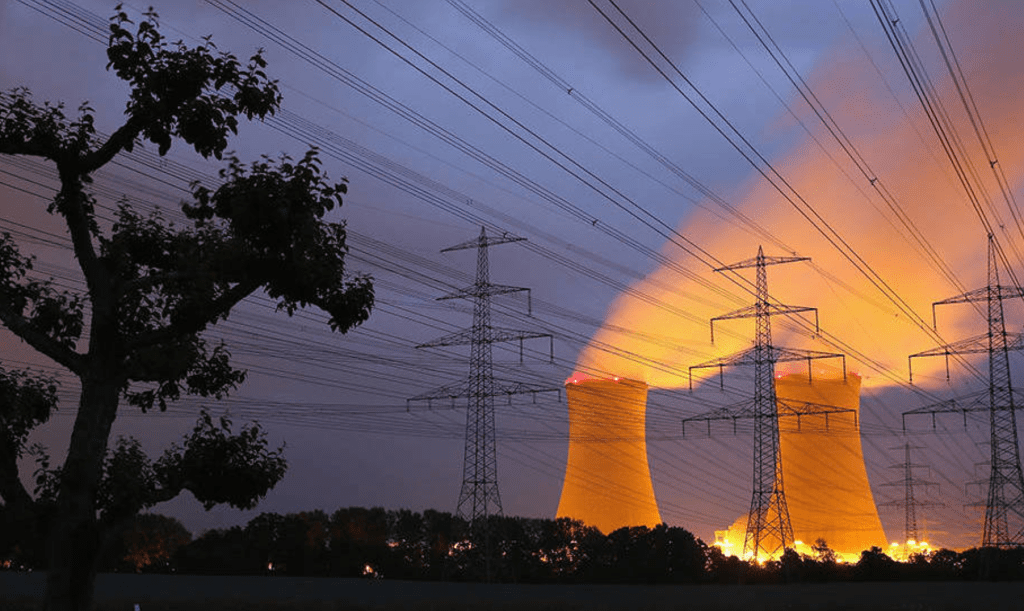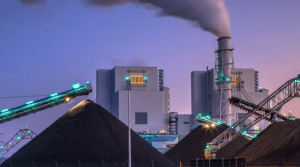Keywords: Development Banks, Nuclear Energy, Russia, China, Net-Zero Transition, Green Investment, Greenhouse Gas Emissions

Introduction
In the evolving landscape of energy sources, nuclear power has resurfaced as a topic of heated discussion. As the world scrambles to curb greenhouse gas emissions, the potent energy output of nuclear power plants has brought them back into the spotlight. In this context, the role of Multilateral Development Banks (MDBs) is essential.
A Historical Overview
Historically, MDBs have been reluctant to support nuclear energy projects. The World Bank, for instance, hasn’t financed a nuclear power plant since 1959. In the absence of MDB-backed funding, a vacuum has been filled by state banks from Russia and China, who have consequently become dominant players in providing nuclear technology to developing countries.
The Changing World and the Call for Nuclear Energy
The world has changed dramatically over the past few decades, making the MDBs’ reluctance to embrace nuclear energy increasingly anachronistic. The urgency to reduce greenhouse gas emissions, coupled with geopolitical conflicts impacting oil and gas prices, has triggered a global demand surge for nuclear power.
Countries that once shuttered their reactors are now reconsidering their stance. For instance, Japan, still recovering from the 2011 Fukushima disaster, is planning to restart its reactors. Simultaneously, several European countries, including France, the Netherlands, and the United Kingdom, have announced plans to construct new nuclear power plants. The European Union has even sanctioned the labeling of nuclear energy as a green investment. Across the Atlantic, the United States government is set to infuse approximately $40 billion into the sector over the next decade, and private investment in nuclear energy is on the rise.
The Need for MDBs to Reconsider Their Stance
Given these developments, it’s clear that MDBs can no longer afford to ignore nuclear energy. Their continued reluctance has allowed Russia and China to become leading providers and funders of nuclear projects, thereby expanding their global influence. To accelerate the net-zero transition and reduce these countries’ dominance, shareholder governments of MDBs must reconsider their outdated stance on nuclear energy.
Conclusion: The Path Forward
In conclusion, the changing energy landscape necessitates that MDBs revisit their policies on nuclear energy. By supporting nuclear power projects, MDBs could play a pivotal role in reducing greenhouse gas emissions and accelerating the global net-zero transition. Additionally, their involvement could help diversify the funding and provision of nuclear technology, currently dominated by Russia and China.
It’s essential that we have robust conversations about the role of nuclear power in our energy mix. I encourage you, dear reader, to share your thoughts, questions, or concerns in the comments section below. Let’s engage in a meaningful discussion about our energy future.







